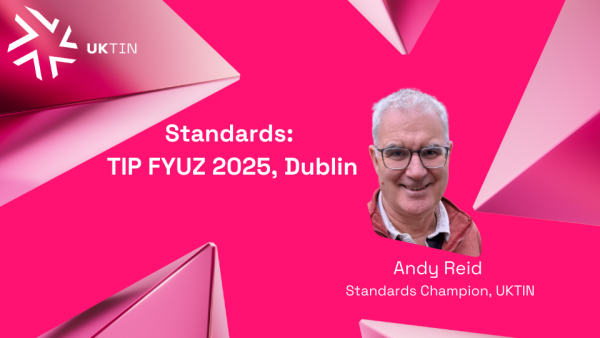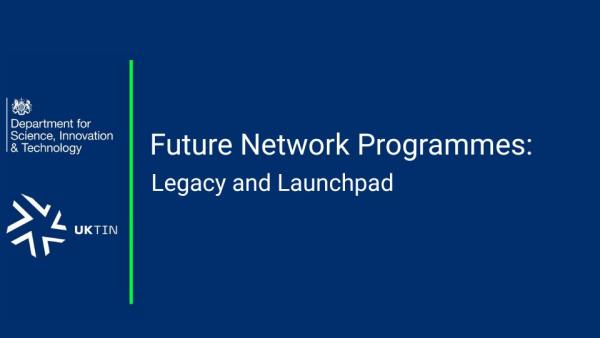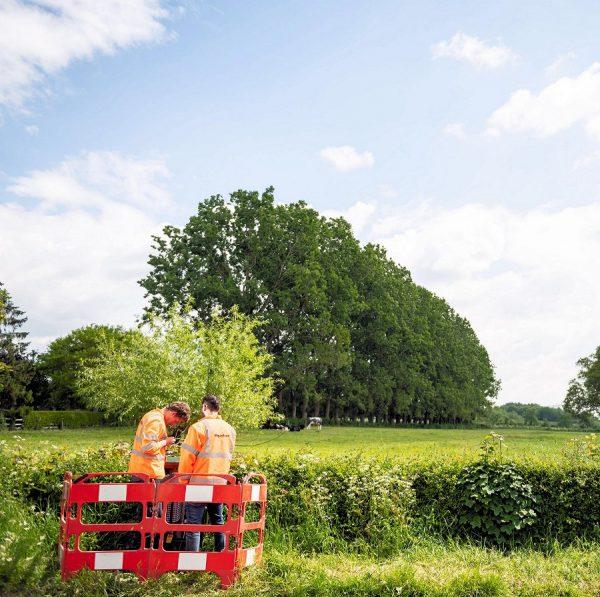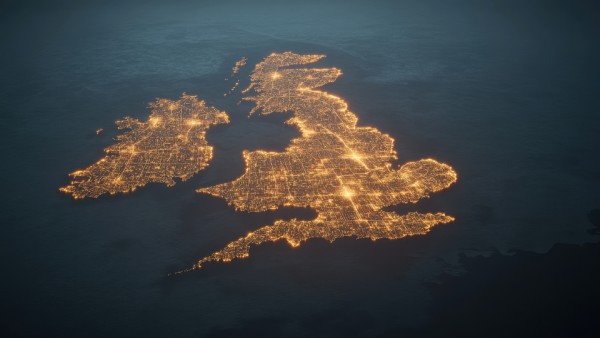
Building on the UK’s regional and national strengths, UKTIN’s Clusters Group exists to provide an open forum for inter-regional collaboration, sharing of best practices, insights and dissemination of learnings. Its overarching aim is to advance the adoption of advanced connectivity and has been designed to ensure all regions and nations of the UK can benefit equally.
The group focuses on showcasing and highlighting the capabilities and approaches of individual regions and so in a recent conversation, Gary Littledyke, Senior Technical Officer for Telecoms, Digital Place Team, Dorset Council, and Colin Wood, Innovation Lead, Digital Place Team, Dorset Council, shared more details about the work being done.
What does Dorset’s telecoms landscape look like?
Dorset's idyllic countryside is peppered with charming towns, rolling hills, and acres of farmland. But beneath its picturesque exterior lies a pressing issue: limited access to reliable telecommunications infrastructure.
Gary sheds light on the situation, "Large parts of Dorset grapple with patchy mobile connectivity. This not only hinders communication for residents, but also poses challenges for businesses, emergency services, and essential public services."
These challenges proved to be the spark needed for Dorset Council to embark on a series of innovative and exciting connectivity projects in the region.
How does Dorset Council fit into this?
Dorset Council serves as a catalyst for change, spearheading initiatives to enhance connectivity and drive digital innovation. It’s taking the challenge of a unique rural location and diverse landscape, and turning it into a unique opportunity to drive improvement and change through pioneering projects.
Colin elaborates on the council's commitment, "We've embarked on a journey to tackle these challenges, recognising that traditional approaches may not suffice. We're leveraging innovation to help bridge the digital divide and ensure equitable access to connectivity for all. We don’t just want to keep up with other regions’ efforts, we want to be seen as trailblazers."
Central to Dorset Council's efforts is its Open Networks Ecosystem Project - DONE - a collaborative initiative aimed at fostering innovation and enhancing connectivity.
The initiative fits into the wider digital Innovation and Inclusion strategy of Dorset Council, which Colin summarised as, “Fast fixed and mobile infrastructure is vital to connect people and organisations, providing a foundation from which to deliver transformational change to services, communities and to the economy of Dorset. The vision for Dorset is that in this increasingly digital modern world no place, no community, no individual will be left behind.”
This rallying cry informs all of the innovative and exciting work being done in the region.
How does your telecoms work operate?
Operating as a facilitator and enabler, the council has implemented a range of initiatives to address connectivity gaps. These include:
- Mapping mobile coverage: Leveraging waste collection vehicles equipped with specialised equipment to map mobile coverage across Dorset, providing valuable insights into coverage disparities and informing targeted interventions.
- Forging partnerships with industry players: Collaborating with mobile network operators to identify coverage gaps and support them where possible with the deployment of solutions to enhance service quality in underserved areas.
- Advocating for infrastructure enhancements: Engaging with government bodies and regulatory authorities to advocate for investments in telecoms infrastructure, particularly in rural and hard-to-reach areas. For example, they’re working closely with the Department for Science, Innovation and Technology (DSIT) to fully understand the challenges being faced at the local level in some of the most rural parts of the UK.
How does your work contribute to the UK’s broader aims around connectivity and telecoms?
While Dorset Council's efforts primarily focus on addressing local connectivity challenges, they also contribute to broader aims surrounding telecoms infrastructure across the UK. By advocating for Dorset's connectivity needs and engaging in collaborative endeavours, the council plays a pivotal role in bridging the digital divide.
Gary reflects on the significance of their work within the larger context of UK telecoms objectives, “Much of what we have done and continue to do is scalable. We aren't unique here in Dorset, we believe there are many similar very rural parts of the UK where the lessons we are learning can be used to improve connectivity for many more people on a much larger scale.
It’s clear that Dorset Council is not just trying to keep up with the rest of the UK, it’s looking to be a leader when it comes to innovation.









